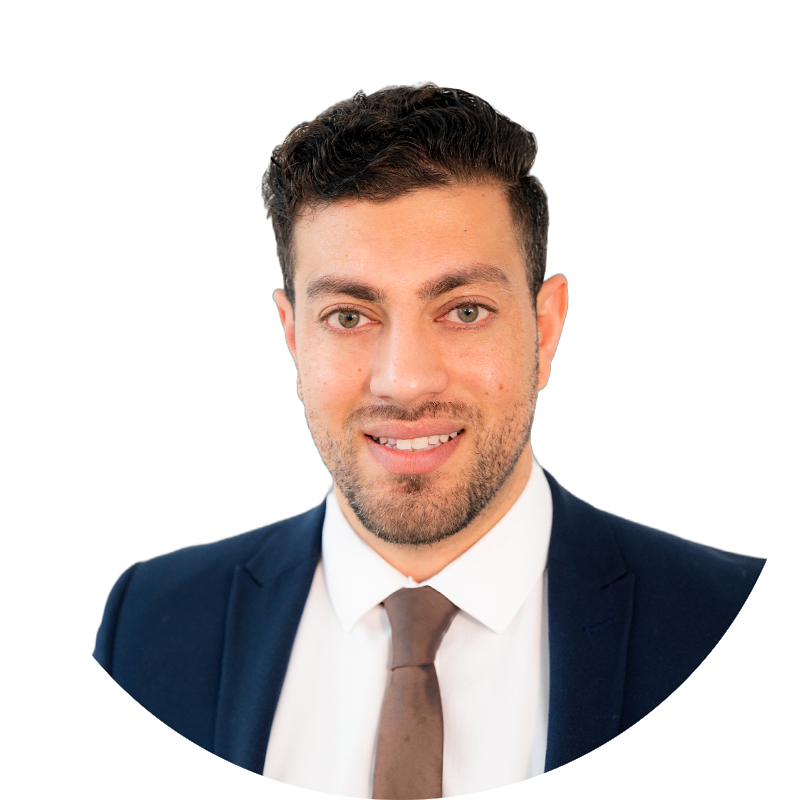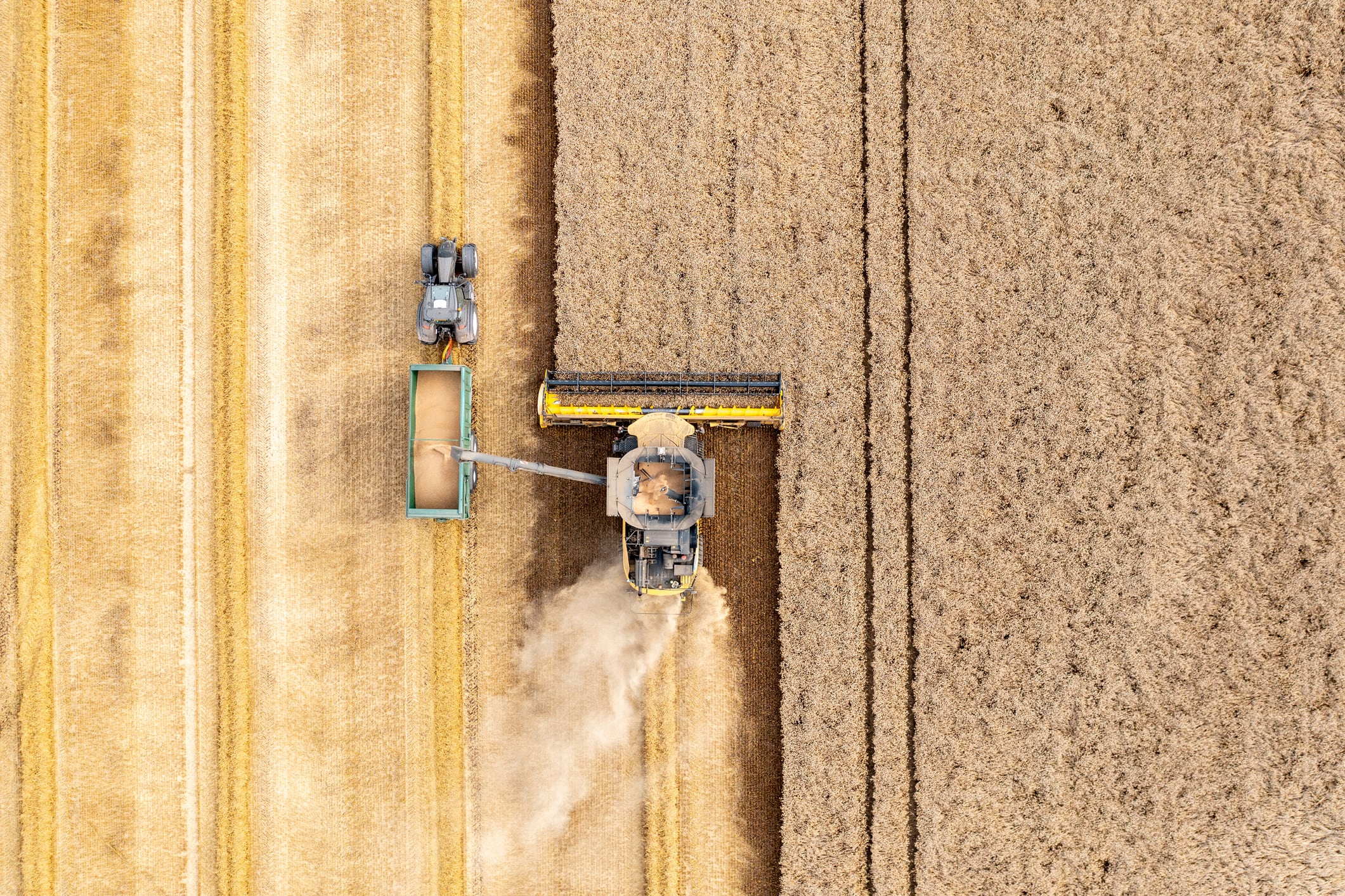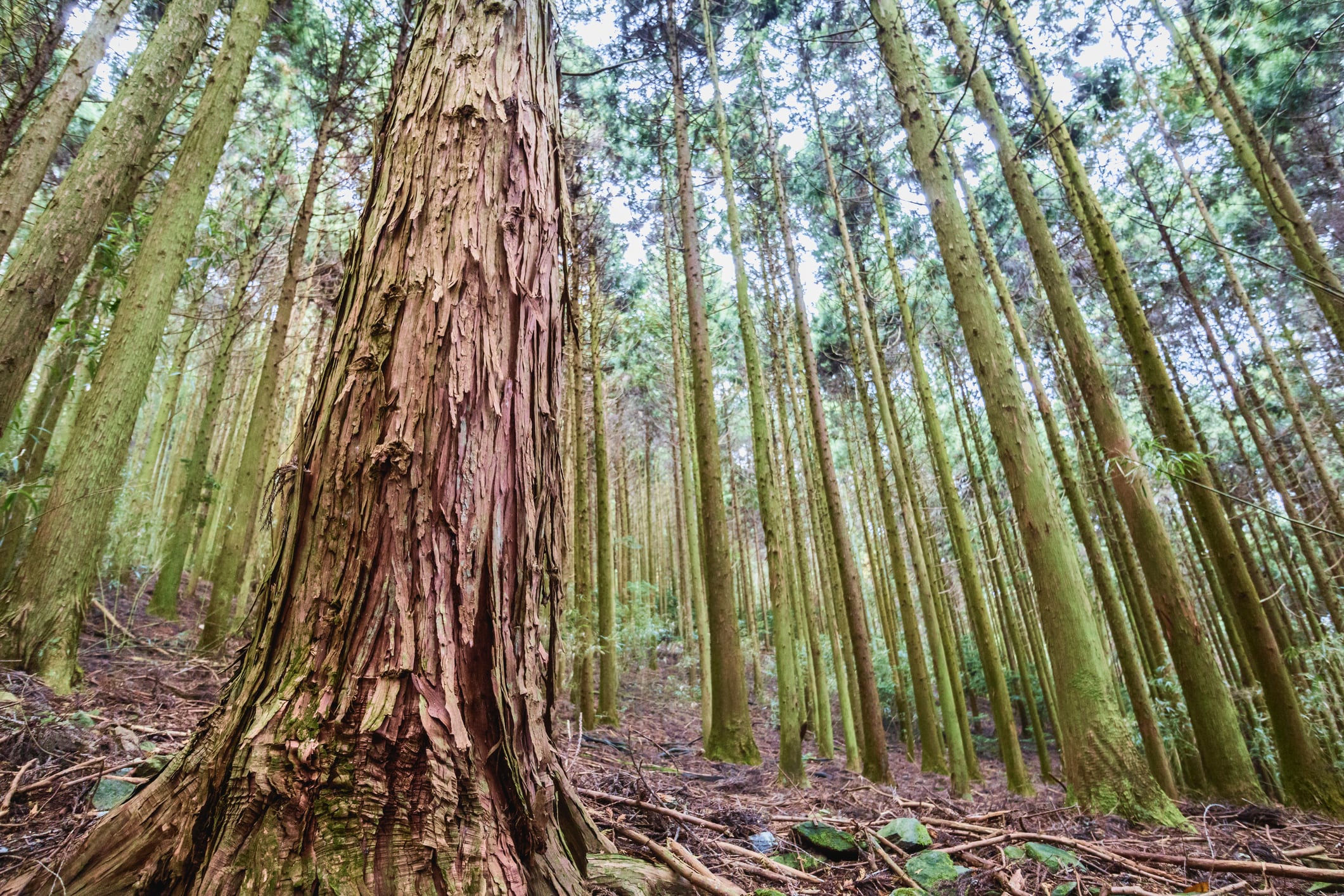Crop diseases cost the global economy over $220 billion annually. With climate change fuelling increasingly erratic outbreaks, the stakes for food security have never been higher.
Enter SporeSense, a British start-up spun out of Alliance Manchester Business School (AMBS), which is using AI and optical sensing to detect airborne pathogens before they devastate harvests. Founded by AMBS alumnus Niaz Rayan, SporeSense is turning cutting-edge research into a commercial solution that could transform how farmers protect their crops – and their livelihoods.
How it works: AI meets the field
SporeSense began as a collaborative research project involving the University of Manchester, Sony, BASF, Rothamsted Research, and others. Backed by a £2.2 million Innovate UK grant, the team developed a field-deployable device that mimics the behaviour of a leaf to trap and analyse airborne spores.
“It’s similar to a weather station,” explains Rayan. “It rotates with the wind, traps spores on a proprietary material – an artificial leaf – and uses deep learning to identify diseases like yellow rust in real time."
Each device can cover up to 100 hectares, alerting farmers when and where to spray, reducing unnecessary pesticide use and boosting yields. Wheat farms saw a 10% increase in yield, equating to £164 per hectare – a potential £25,000–£30,000 uplift for the average UK farm, in trials with the National Institute of Agricultural Botany.
Commercialisation on the horizon
SporeSense plans expanding beyond wheat to crops like soybean, lettuce, and other leafy greens. The start-up is preparing for commercial trials on larger farms and expects to launch within 12 to 18 months, with devices priced between £1,000 and £1,500 – a fraction of the cost of existing lab-based solutions.
“We’ve done focus groups with farmers in key wheat growing regions in the UK,” Rayan says. “They are willing to pay that price point, provided we have the data to show them that this can add value to their decision-making process.”
SporeSense is also planning a £1 million pre-seed round to expand its AI capabilities and adapt the platform for new crops and diseases.

From Kabul to Manchester: A founder’s journey
Rayan’s story is as notable as the technology he’s building. Born in Afghanistan, he moved to the UK aged nine, bringing with him a deep-rooted connection to farming.
“We had a farm when I was growing up. I used to convince my grandmother for a small plot to grow my own crops,” he recalls.
After working in hospitality and launching several ventures, Rayan returned to his agricultural roots through entrepreneurship and innovation.
“I feel like in every part of my journey I’ve been touched by the agriculture sector,” he says.
The bigger vision: A full-spectrum disease platform
Looking ahead, SporeSense aims to evolve into a multi-modal disease detection platform, capable of identifying soil-borne and splash-borne pathogens, and even integrating nutrient sensing to offer farmers a complete picture of crop health.
“We want to become a full disease detection platform for the farmer,” says Rayan.
While UK founders lament the lack of standout success stories, Rayan highlighted that its success so far is thanks to the complementary skills of its partners. “I think where a lot of people fail is not having that collaborative organisation with the skills to take things to the next level.”



